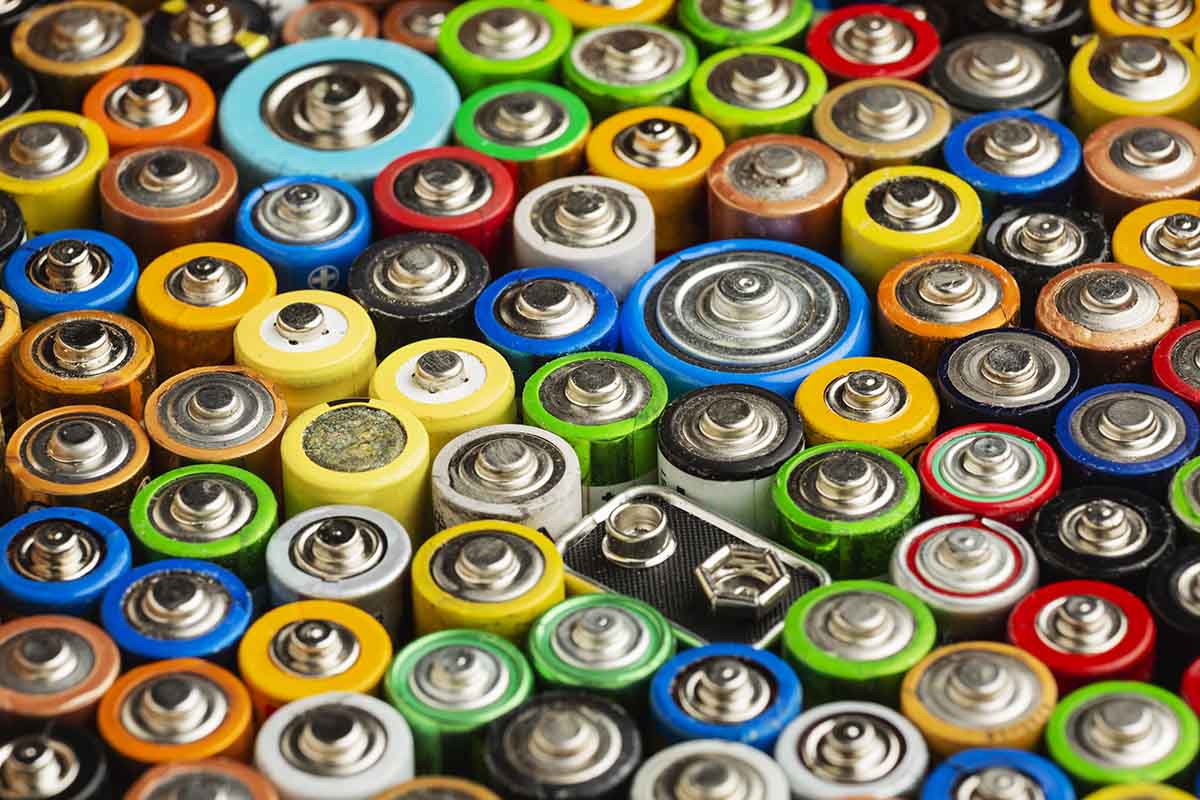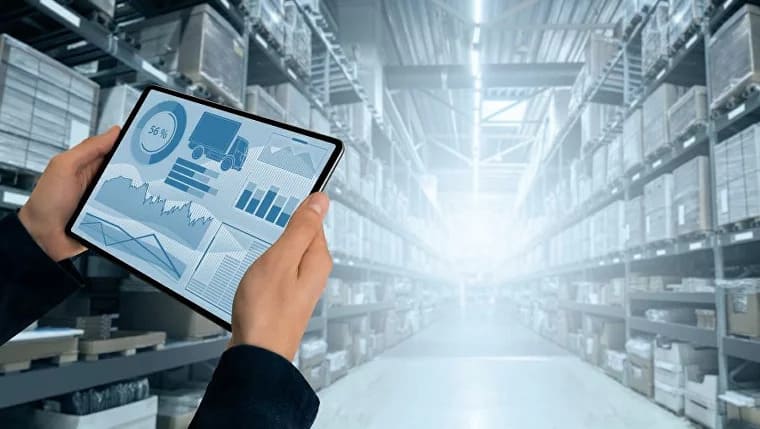Consolidated container shipments are very cost-effective when you need to deliver a small batch of goods. In the Less than Container Load format, multiple shippers load their goods into a single container. Due to this, there are several prohibitions and restrictions.
What are consolidated container shipments (LCL)
LCL, or Less than Container Load, is a consolidated shipment consisting of cargo from multiple customers. Their batches may differ in volume, weight, and type, and each client pays only for the space they occupy. For example, if you want to import just 2 tons of goods, buying an entire 20-foot container is unprofitable, and storing cargo until you accumulate more volume is also inefficient. In this situation, consolidated container shipping is the best solution. A similar system is used for truck transportation and is known as LTL.
Advantages of shipping in a consolidated container
Let’s summarize why this delivery format is beneficial:
- You don’t need to purchase large quantities or accumulate goods in intermediary warehouses.
- Cost savings on container rental and freight: you pay only for the actual space used, not for “air.”
- Regular shipments — consolidation allows you to establish a stable schedule, such as weekly departures or departures as soon as the container is filled. Delivery times shrink from months to weeks or even days.
However, there are several restrictions for shipping consolidated cargo in containers — and we will cover them in more detail.
Transporting the following types of goods in shared containers (LCL - Less than Container Load) by sea from China to Ukraine is prohibited:
- Cargo that weighs more than the permitted carrying capacity of the sea container (usually 28 tons).
- Goods with dimensions that do not allow the container's lid or door to be closed tightly. Similarly, if the cargo cannot fit inside the container.
- Goods that spoil quickly, even when transported in insulated or refrigerated containers.
- Dangerous cargo, such as radioactive and chemical substances. If such cargo is to be shipped, a package of safety documents must accompany it.
- By law, certain types of cargo cannot be imported into Ukraine. These include drugs, weapons, and certain types of medicine.
- Unstable cargo that significantly exceeds the pallet area or has unreliable packaging.
Examples of Goods That Cannot be Transported from China in a Consolidated Container
To ensure the safety of goods in the container and personnel, legislation establishes a list of prohibited goods. These are several main groups of items whose transportation is strictly controlled at customs. If you want to ensure the quality of imported goods and their compliance, our employees conduct an inspection of the goods in China. It is carried out at the warehouse or production site so that you know exactly what you are purchasing.
Dangerous Goods
Dangerous goods are items that can harm human health or property during transportation. The list includes:
- Explosive substances, including pyrotechnics and ammunition.
- Compressed, liquefied, or dissolved gases.
- Gasoline, kerosene, alcohol, and other flammable liquids with a low flash point.
- Sulfur matches, phosphorus, and other substances that can easily ignite.
- Substances that can enhance the combustion of other materials, such as oxidizers and organic peroxides.
- Poisons, infectious agents, and other substances hazardous to human health and the environment.
- Acids, alkalis, which can damage skin, metals, and other materials.
- Radioactive materials.
Goods with Specific Temperature Requirements
The following items fall into this category:
- Pharmaceutical products, as many of them require strict adherence to temperature conditions.
- Frozen foods, ice cream, chocolate, and other food products that need refrigeration.
- Live plants, which require specific temperature conditions to maintain freshness.
Flammable Substances and Materials
The list includes:
- Paints, solvents, and other materials containing flammable components.
- Aerosol cans, as they may pose a hazard if damaged.
Expensive and Highly Sensitive Goods
If goods fall into one of the following categories, they are also prohibited from transportation:
- Jewelry, precious items, and valuables, as their transportation requires special protection against theft and damage.
- Fragile electronics that may be damaged due to improper packaging and handling during transportation.
- Works of art, paintings, and sculptures require careful handling and cannot be transported in the same container with other cargo.
Bulk and Liquid Cargo
This category includes:
- Grain, flour, bulk products that may scatter and contaminate other cargo.
- Reagents, liquid chemical and non-chemical substances that may spill and damage other cargo.
Plants and Animals
Many live plants require special transportation conditions and permits. As for the transportation of animals, it is regulated by specific rules and requires veterinary certificates.
Food Products
Fresh fruits and vegetables can quickly spoil if stored improperly. The transportation of meat and dairy products requires compliance with sanitary standards and temperature control.
Goods Requiring Special Permits for Delivery from China
The law restricts the export of a large number of goods from China, but with a special permit, this is entirely feasible. Our customs broker can assist you in obtaining the necessary documentation for liquids, powders, batteries, pharmaceuticals, magnets, and branded goods. With these permits, you will have no issues importing these shipments into Ukraine.

What Cannot Be Ordered from China to Ukraine
The exact list may be more extensive. However, in brief, it includes:
- Any types of firearms and melee weapons, ammunition, as well as their imitations.
- Explosive substances, including pyrotechnics, explosives, and other hazardous materials.
- All types of narcotic and psychotropic substances, their analogs, and precursors.
- Counterfeit goods that violate copyright.
- Hazardous chemical substances that may pose a threat to human health and the environment.
- Radioactive materials with ionizing radiation.
For the preparation and shipment of a consolidated container from China to Ukraine, please contact our company. We have our own warehouse in China and extensive experience in sourcing products according to the buyer's specified parameters.
What Can Happen When Transporting Prohibited Goods in a Consolidated Container
Transporting prohibited goods can lead to serious consequences:
- Legal liability. Violating customs and transport regulations can result in fines, cargo seizure, and, in some cases, even criminal liability.
- Confiscation. If prohibited goods are discovered, the entire container may be detained, and the dangerous cargo confiscated.
- Delays and additional costs. Inspections, investigations, and fines can lead to missed deadlines and extra expenses, including storage fees and legal costs.
- Liability to other shippers. If illegal cargo affects the delivery of other customers' goods or damages them, the carrier may face claims from affected parties.
- Safety risks. Transporting hazardous or illegal substances can pose risks to human health, the environment, and property.
To avoid problems, cargo is carefully inspected for compliance with international and national transport regulations.
Solutions from DiFFreight
There is a viable alternative. If you need to transport goods from China to Ukraine within the above-mentioned category, DiFFreight provides a comprehensive and precise approach to your needs, offering the most optimal solution.
Available Alternatives:
- Prohibited cargo is not transported.
- Obtaining special permits (for explosive materials, batteries, etc.).
- Purchasing an entire container to create the required conditions.
You can receive a detailed consultation on any issue related to transport logistics. We will help you choose the best shipping option if you encounter difficulties. Additionally, we provide legal consultations on all related matters.
It is essential to focus on solving the problem to achieve a positive outcome. To ensure this, we regularly train our employees using real-world case studies. We also continuously gather information from the global transport market, allowing us to stay up to date with the latest requirements and industry trends.
FAQ
1. What items are prohibited for international shipping?
Explosive, flammable, toxic substances, weapons, drugs, and counterfeit goods are strictly prohibited.
2. Can I ship alcohol or tobacco products?
No, such items are not allowed for international delivery without special licenses.
3. Is it possible to send medicines or supplements?
Yes, but only with an official prescription and safety certificates.
4. What happens if I send a prohibited item?
The shipment may be confiscated at customs, and the sender could face fines or legal penalties.



